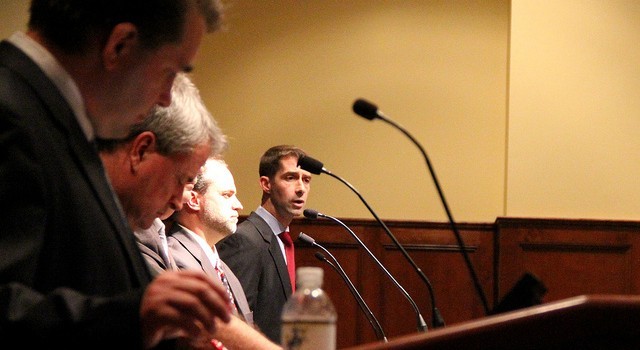The information below is copied and pasted from OCA’s TAKE ACTION Petition
When Organic Consumers Association was invited to be on a panel Cathleen Enright, executive vice president food & agriculture, for the Biotech Industry Organization (BIO), at the “Southbites: Feed Your Mind” session during Austin’s South-by-Southwest (SXSW) Interactive, we jumped at the chance.
But after we’d accepted the invitation, an organizer at SXSW told us that Enright had vetoed our participation.
We called Enright to confirm that she was controlling who was on the panel, and that OCA was not welcome. Her explanation? OCA has “demonized” GMO food technology and she was not interested in a debate on the health and safety of GMOs.
According to Enright, GMO agriculture is “sustainable” and GMO foods are “safe.” Anyone who says otherwise is making “scary” statements that have no basis in fact—because every shred of scientific evidence suggesting health or safety concerns related to GMOs “has been discredited.”
If you agree that there’s plenty of credible, unbiased scientific evidence to suggest that GMOs are not safe and healthy, please read and sign our letter by March 12.
Our society's unresolved controversy over GMOs is not about safety; it's about whether we have an acceptable process in place to ensure that our health is not put at risk for the sake of biotech's bottom line. Researchers, biotech companies, and regulators need to settle on an appropriately rigorous, transparent, and independent safety testing process for all new crops, one whose methods and results are publicly available. Currently, as the Nature Biotechnology review notes, safety assessments in the U.S. are a patchwork affair with weak legal underpinnings. But for GM solutions to our food challenges to be widely accepted, the public needs to know that they are not being coerced into eating something whose risks and benefits are unknown.
Please Read this Article at NaturalBlaze.com
Photo Source: Southern Arkansas University





Leave a Reply